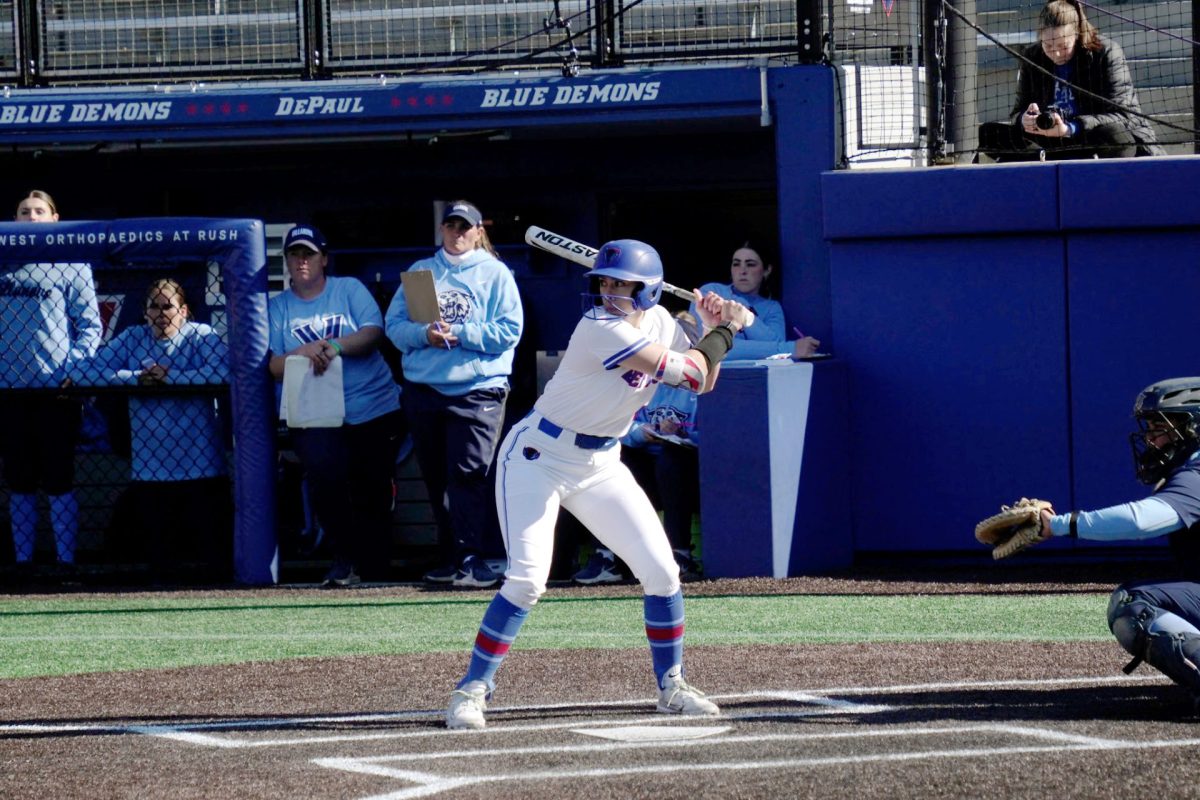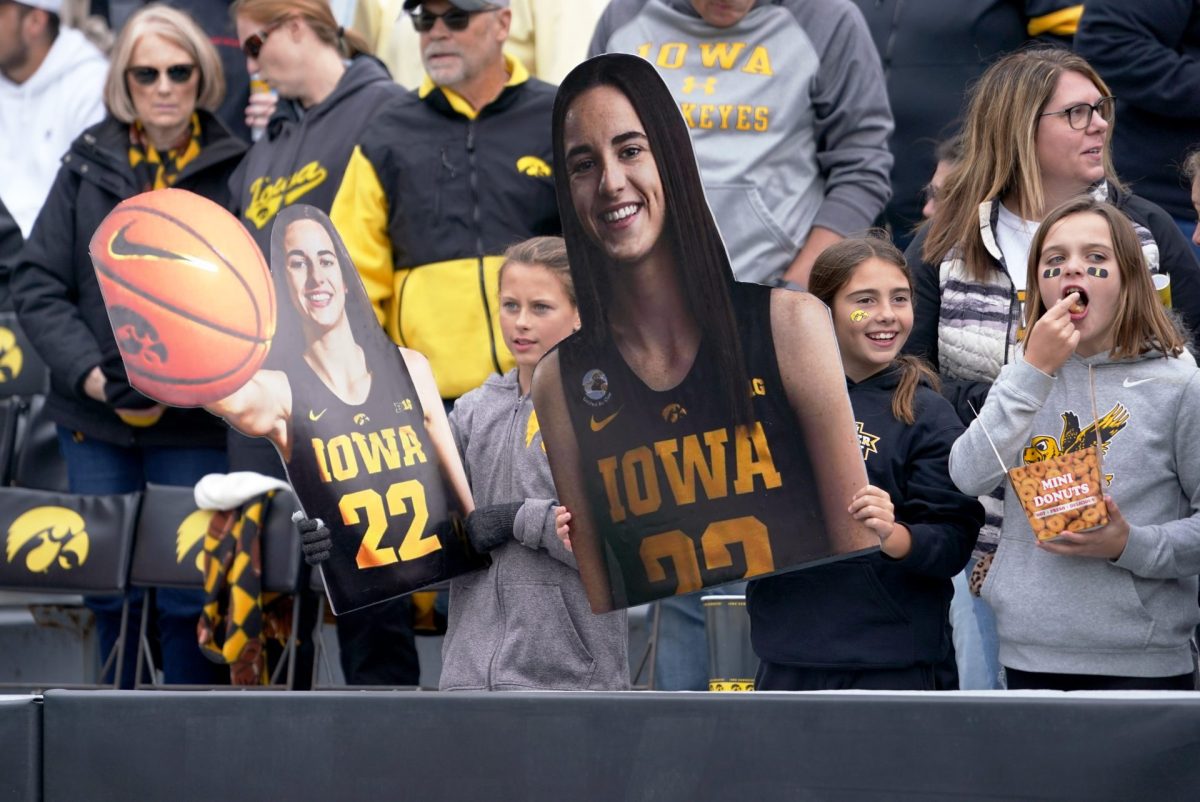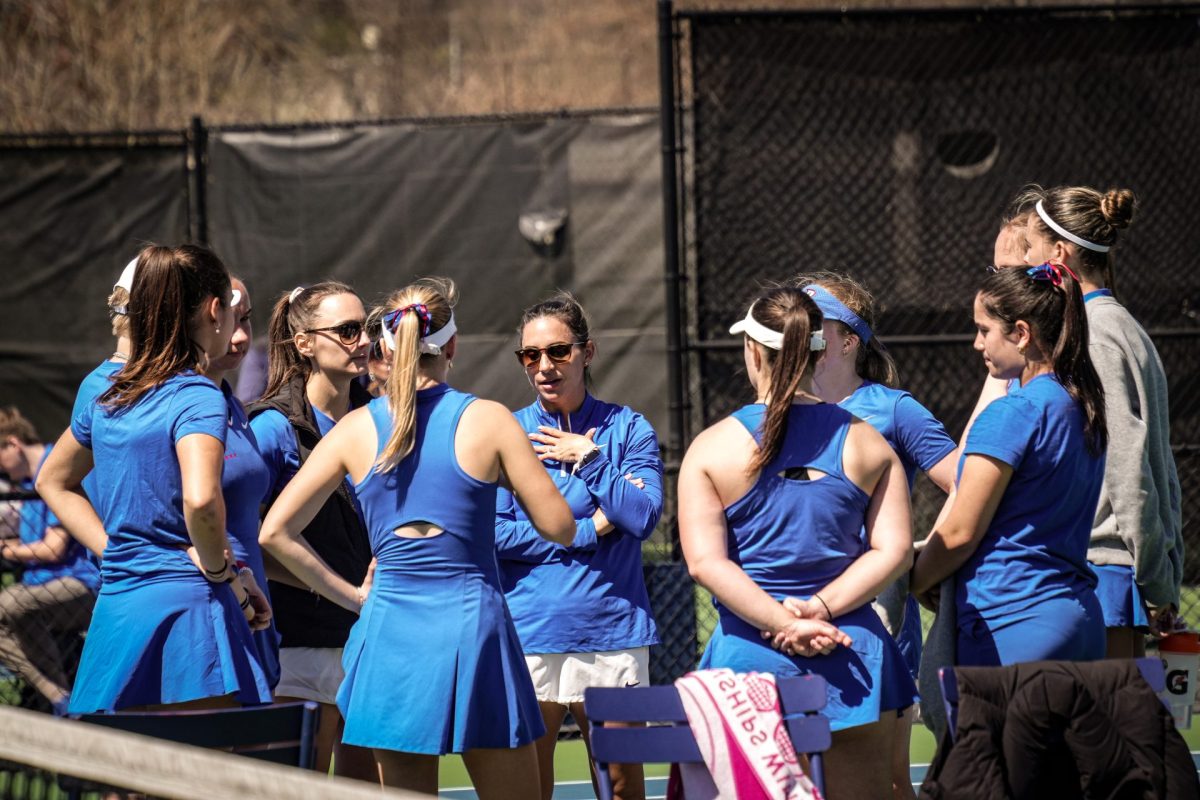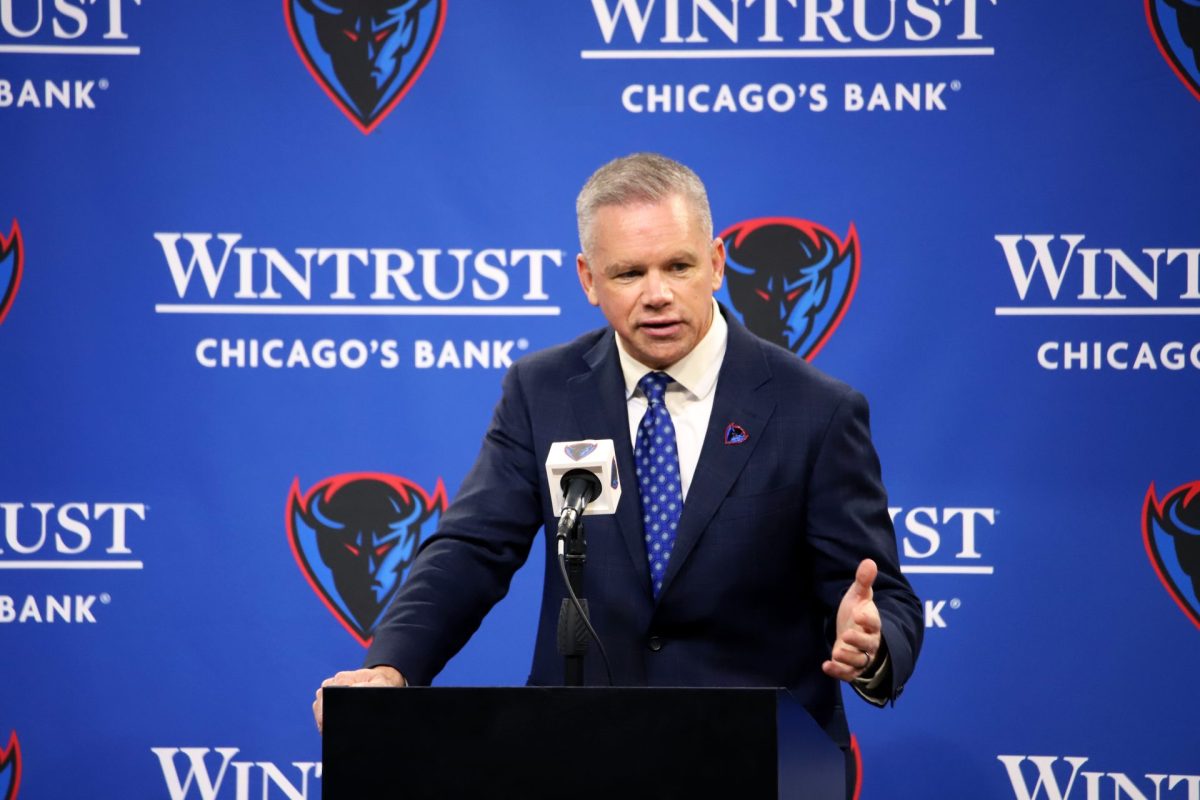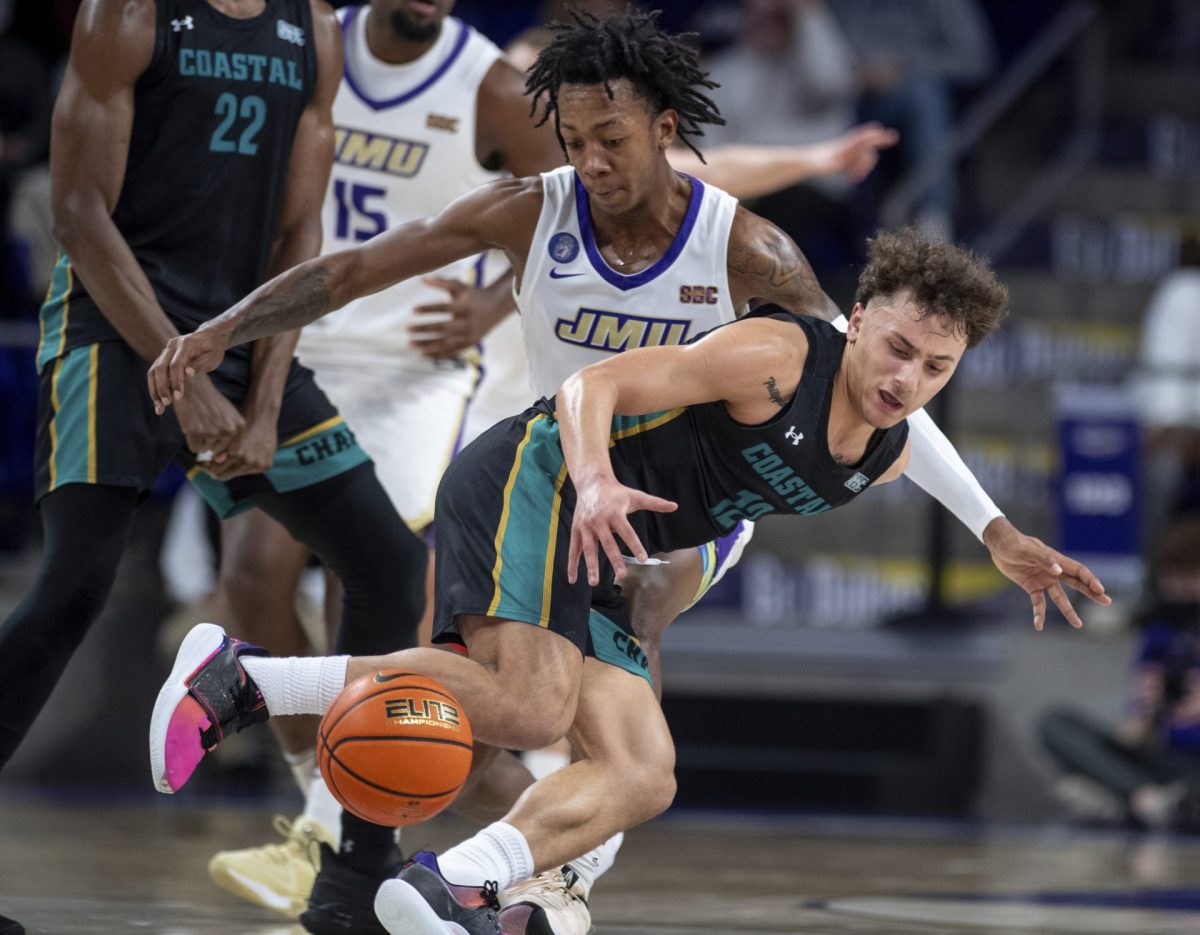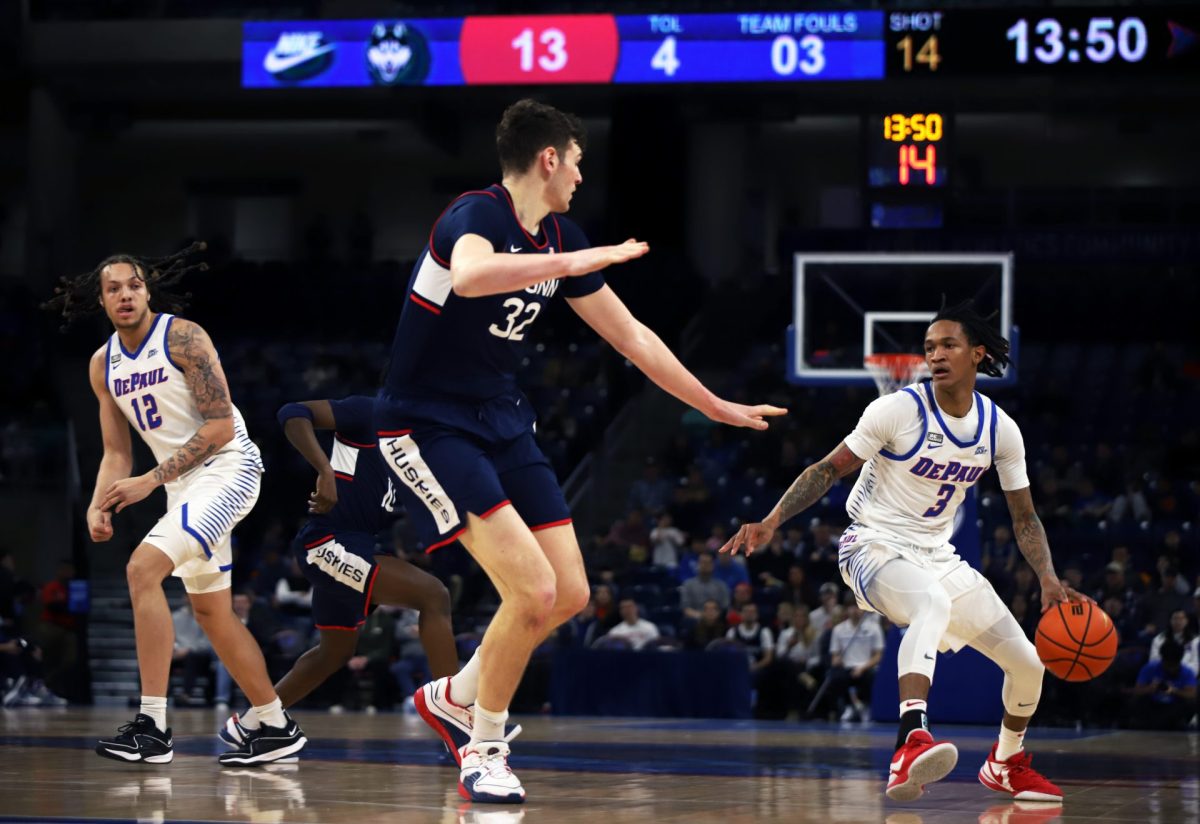Collegiate competitive rowing, also commonly referred to as “crew,” is a sport steeped in tradition and legacy. It is financially prohibitive – a single boat can cost as much as $35,000 – and geographically limited as well, as a nearby body of water of suitable size and temperament is a vital prerequisite.
But when Dhir Desai began asking around DePaul – a school with both the wealth and water to support a crew team – how to get involved in competitive rowing, he was surprised that nothing of the sort existed.
“Everyone in Chicago had been wanting DePaul to have a rowing team, but no one had stepped up yet,” said Desai. “So I said, ‘Fine, I’ll do it.'”
Fifteen months and four races later, DePaul Rowing has grown from an idea to the newest and most promising contender in the Midwest. The team placed second at the Illinois Collegiate Rowing Invitational and first in their division at the MACRA Championship. With such a strong start, and big plans for the future, the team is poised to make a name for itself in more ways than one.
“We’re beating teams left and right who haven’t even heard of us,” said Desai, one of the two captains of the team alongside Thomas Lawrence, who joined the team in last March and is known as the co-founder.
Desai and Lawrence are ecstatic about how quickly the team has grown, and how successful the founding of the group turned out to be. This is even more impressive given the fact that neither captain had any experience with crew prior to joining. The pair give this as an example that rowing is a sport anyone can excel at, as long as they are willing to work hard.
“You don’t have to be genetically gifted,” said Lawrence. “As long as you go into the sport and push yourself to your limits, and past your limits, you’ll succeed.”
Desai and Lawrence caution that this does not make rowing an “easy” sport by any means. Practices, which begin at 6 a.m., usually entail about 12-14 kilometers of rowing on the Chicago River. A 2,000-meter “piece,” the distance of a typical race, is roughly equivalent to playing two basketball games back-to-back in terms of workload, according to Lawrence. Rowers must also balance on the boat, requiring heavy use of core muscles, and be ever mindful of stroke timing and form.
“It’s such a mentally and physically demanding sport that we get a huge attrition rate,” said Desai. “A lot of guys drop because of that.”
A key reason the DePaul crew has become competitive so quickly is the knowledge of their coach, William Scherba, whom Desai and Lawrence credit with making DePaul Rowing the powerhouse it is now.
“I see myself as half teacher, half coach,” said Scherba, when reached by phone. A DePaul graduate student in the accountancy program, Scherba juggles work and school to help train the team, utilizing his seven years of experience in the sport.
“We aren’t so much driven to win, but driven to develop individually,” said Scherba.
Such development, both on and off the water, is crucial to building a tightly-knit yet competitive team. Lawrence estimates that the average GPA in DePaul Rowing is 3.5, and Scherba ensures that they have ample time for studying, even when away at a regatta.
“The guys that have stuck with the team are the guys with good GPAs,” said Lawrence.
DePaul Rowing has already grown exponentially since its founding, and has plans to continue development of the program. The City of Chicago is in the process of constructing three new boathouses with state-of-the-art equipment, one of which will belong to DePaul.
“This boathouse will have $2 million tanks inside,” said Desai. “Even Harvard and Yale can’t top that.”
As seniors, Desai and Lawrence are well aware that they have accomplished something important in a very short amount of time. Now, all they look forward to is watching their creation grow.
“You can go to college and take away from it what you want,” said Desai. “You come to get a degree, a piece of paper – I came here for more than that. To be mentally and physically pushed to this level, there is nothing more rewarding than that.”


